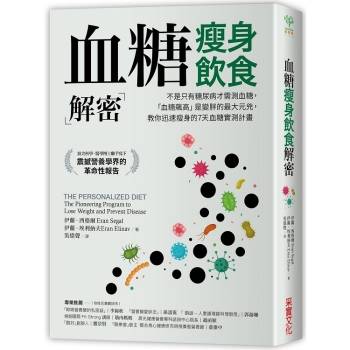The aim of this essay is to contextualise the collective space that was created by carrying out the social mapping of the rural colonies in the municipality of Paranaguá, Paraná, and which arose from the urgency of the local social actors themselves to create a space that would allow for more in-depth discussions about the territory in question, together with the start of the second phase of the Localised Agri-Food System Project (SAL). The SAL project worked in the region from 2013 until mid-2015 and focused on the development of the territory by seeking co-operation between local social actors, making it possible to explain common potentialities and difficulties to the collective. To carry out this study, some principles of ethnography and semi-structured interviews were used as a basis, sharing Geertz’s (1989) concept of "being there", experiencing the daily life of the group in question. Still in the construction of ethnographic facts, the result of one of the aspects of social mapping - rural tourism - was the inclusion of the region in the calendar of Nature Walks, with its route called ’Circuito Serra da Prata’.
| FindBook |
有 1 項符合
Social mapping的圖書 |
 |
Social mapping 作者:Numer 出版社:Our Knowledge Publishing 出版日期:2023-10-06 語言:英文 規格:平裝 / 52頁 / 22.86 x 15.24 x 0.3 cm / 普通級/ 初版 |
| 圖書館借閱 |
| 國家圖書館 | 全國圖書書目資訊網 | 國立公共資訊圖書館 | 電子書服務平台 | MetaCat 跨館整合查詢 |
| 臺北市立圖書館 | 新北市立圖書館 | 基隆市公共圖書館 | 桃園市立圖書館 | 新竹縣公共圖書館 |
| 苗栗縣立圖書館 | 臺中市立圖書館 | 彰化縣公共圖書館 | 南投縣文化局 | 雲林縣公共圖書館 |
| 嘉義縣圖書館 | 臺南市立圖書館 | 高雄市立圖書館 | 屏東縣公共圖書館 | 宜蘭縣公共圖書館 |
| 花蓮縣文化局 | 臺東縣文化處 |
|
|
圖書介紹 - 資料來源:博客來 評分:
圖書名稱:Social mapping
|










